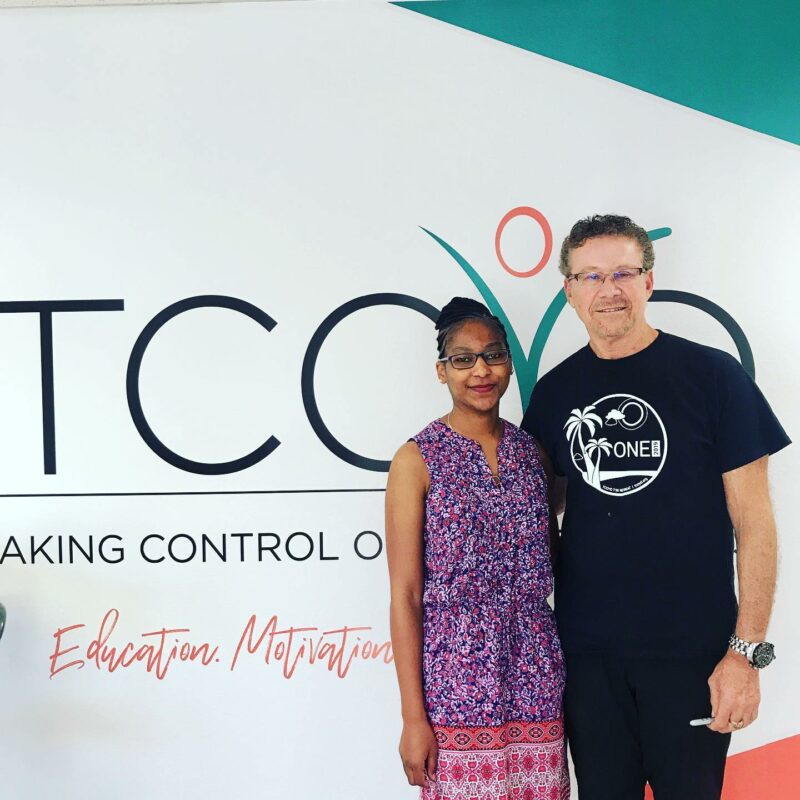
Maureen Gitau traveled all the way from Kenya to attend our ONE Conference & Retreat in August. She shares some of her experiences of what it’s like to live with diabetes in Kenya.
How old you were when you were diagnosed with type 1 diabetes?
I was 14 years old. Being diagnosed at that age made me feel different from all my other peers because I didn’t understand why I had to be the one. It was also hard to tell my friends that I was diabetic because I did not want to be treated differently.
Can you share a little more about that?
One is not able to openly say they are diabetic in Kenya because people always assume it only comes with old age or how your lifestyle has been. For me it was not always easy to tell my peers at a young age that I had diabetes because of how they would react and how they would treat me after. With time it got easier as I had accepted that I had diabetes, and that way people’s opinion didn’t really matter anymore.
What are some of the other challenges living with diabetes in Kenya?
One of the challenges I would say is educating people on how to live with diabetes and also to care for people living with diabetes. We need more conferences that will help people understand what diabetes is and how to go about it. Another challenge is that not many insurance companies are willing to cover the expense of diabetes treatment or medication.
What is the healthcare system like there?
Without proper insurance it is very difficult to afford insulin. And in order to get medication sometimes one will have to pay the full price for it, or if you are hospitalized one would have to cover the treatment from their pocket, and as I said some insurance companies will not cover diabetes.
What type of regimen are you on and how has it been working for you?
Right now I am on the Humulin 70/30, and I can say it has been working well for me and I am able to be in control of my diabetes at any given point.
How was your experience at the ONE Conference & Retreat?
My experience at the ONE conference was amazing, it was an eye opener for me to learn new things and also see that living with diabetes can be made simple and it can be fun. I got to make new friends who I can communicate with at any time and they can relate with what I am going through.
Is there anything in particular you think can help better serve people with diabetes in your country?
With the right education people who do not have diabetes will know how to care for people who have it. Also with better healthcare we will be able to afford medication and proper treatment.


Over time, type 1 diabetes complications can affect major organs in your body, including heart, blood vessels, nerves, eyes and kidneys. Maintaining a normal blood sugar level can dramatically reduce the risk of many complications.